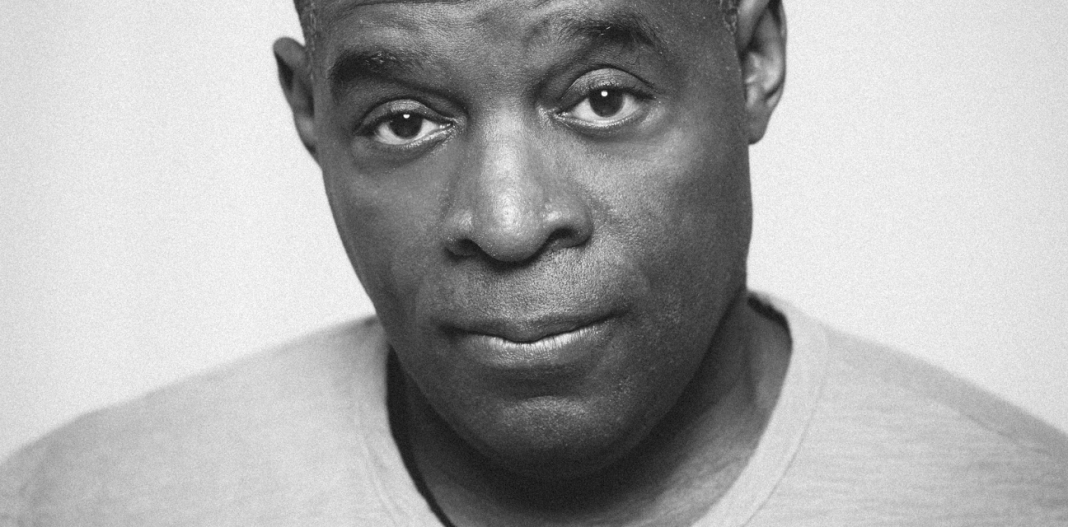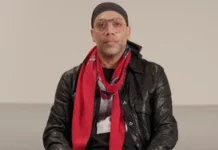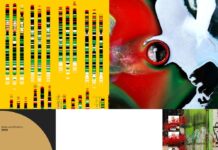Inner City wasn’t just two hits. You did three albums. An album wasn’t something that house producers had on there to their bucket list back then.
It was the record label. Because we were having so much success. They wanted to sell albums. I wasn’t expecting to do an album but I went into the studio and got it done. I worked myself through it until I had something I was happy with. That´s why my DJing career went on hold for a couple of years.
The second album went into a different direction.
Fire was techno, it was funky, and there was some experimental stuff on there as well. I was trying to branch off just because I didn’t want to sound same. The third album was more about spiritual inspiration. It was about creativity, about not to do what people expect from you.
Why did you create so many aliases: Reese, Tronikhouse, Kaos, E-Dancer?
That was chaotic. (laughs) At that time, I was making so many tracks and I wanted them to come out. Some of them followed different directions, some of them were similar. Tronikhouse was more about breaks. I kinda like breaks. Not necessarily all the music I heard using breaks. So there will be an alias I use to put breaks in. Inner City was Inner City. Reese Project was a more soulful project, deeper. E-Dancer was my techno-deepness-darkness-project. If I had the chance to do it all over, I wouldn’t do it like this. It was too many tracks and too many aliases. What can I say?
How long would you work on a track?
Some tracks I worked on two hours, some tracks I worked on 24 hours. You come back, depending on your inspiration. A lot of times you come up with the best part of your track within the first half hour, where you really kill the essence. The rest is developing it.
Why did you put so many remixes on the original E-Dancer-album? Why did you give your colleagues so much exposure?
I thought I had already created the originals and I thought this would make it more interesting. Everything back than besides one or two tracks were not real remixes but just newly mixed. They were done based to the old standard of the remix. Carl Craig just edited a few drums and arranged the track differently. That was it. Kenny Larkin did the same thing. I thought it would be cool for the Detroit brothers to show some unity and being supportive of each other.
What kind of dialogue did you have with Underground Resistance, Carl Craig or Darrell Wynn?
They would just come in my studio and do a mix. We did not really work together. It was more like: here is my stems, here is the tape. Everything was on 24-track-tape. Then they would do their thing. Most of the remixes were done in my studio. Derrick, Juan and me: all our studios were connected. We had this spot in Detroit, that’s where everybody came.
After you did the E-Dancer album you did not release much. Did you feel that you had said what you wanted to say?
I was caught up in a time, I wasn’t so inspired. I just wanted to DJ and there wasn’t so much great music coming out at that time. I think it was a funny, transitional phase in music with a lot of trance and progressive house. I just wasn’t inspired to make anything that I wanted to release.
Are you happy with how people see you today?
I have been in the scene for a long time now. There are young DJs and people now who may or may not know who I am. There are people who think I am Kevin Saunderson from Detroit, so I will play Techno. But most of the time I don’t play techno. That does not mean I can’t play a banging techno set as good as anything else. Obviously, I got my place in history. I have nothing to prove besides what I am inspired to do now. You have seen the second phase of this album, but you haven’t seen the third phase of the Heavenly album. It will be called Infused. It is similar to what Carl Craig did on Versus – with strings, percussions and slower tempos. It has nothing to do with the dancefloor. It’s totally conceptual, almost no kicks at all. I am almost finished with it, it will be released sometime next year.





